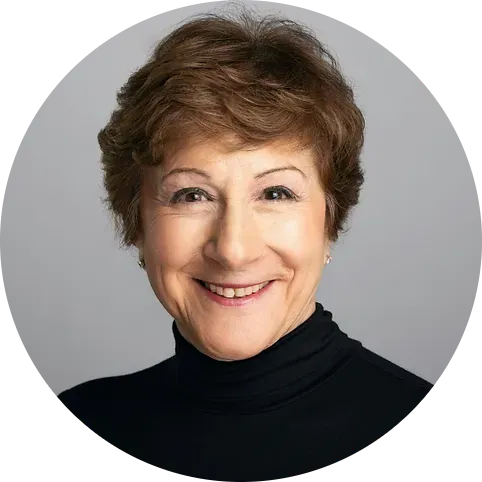Stop Marketing Your Book Like Everyone Else
Have you noticed that standing out as a nonfiction author feels harder every year? More books hit the market, algorithms change without warning, and readers skim past anything that feels generic.

Have you noticed that standing out as a nonfiction author feels harder every year? More books hit the market, algorithms change without warning, and readers skim past anything that feels generic.

My late coach and colleague, Bill McGrane, loved to remind people that it takes fifteen years to become an overnight success. The first time he said it, I laughed. The second time, I swallowed hard.

Brené Brown said, “Staying vulnerable is a risk we have to take if we want to experience connection.”

Here is a question most authors avoid. If your book is so good, why is it sitting on your shelf like a decorative plant?

Susan Friedmann, CSP, is a trailblazer in the world of nonfiction book and author marketing coaching and training. With over 30 years of experience, she’s on a mission to help you stand out from the crowd. Say goodbye to blending in — Susan injects life into your book marketing game.